I'm an expat who has lived in Okinawa, Japan, for two years. The quality of life and even the fast food is better here than in America.
Yoonji Han

- Acasia Olson has been living in Okinawa, Japan, with her family since October 2021.
- She said she's noticed huge differences in the food, lifestyle, and peace of mind compared to America.
I've been living in Okinawa for the past two years as a military spouse with my husband and two children.
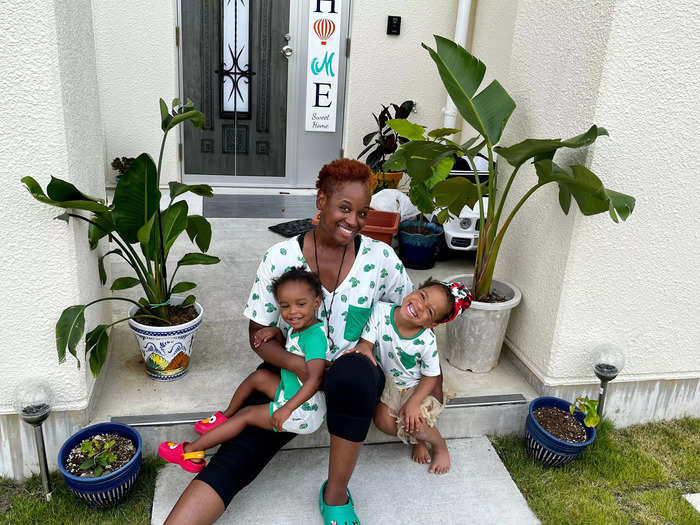
As a military family, we move around and stay in different places for an average of three years each. We've previously lived in the Middle East, Spain, Washington state, and North Carolina.
Okinawa has a distinctly different vibe from mainland Japan. It has much more of a laidback energy and a certain type of tranquility.

We live in the more central part of the island, where there's a greater concentration of Americans. But the farther north you go, the more rural it gets, and the more reminiscent it is of the older way of life.
There's a ton of fresh foods and farmer markets here. The food feels cleaner than in America, which is something I've also noticed in other countries — you don't feel as heavy, but still feel satiated.
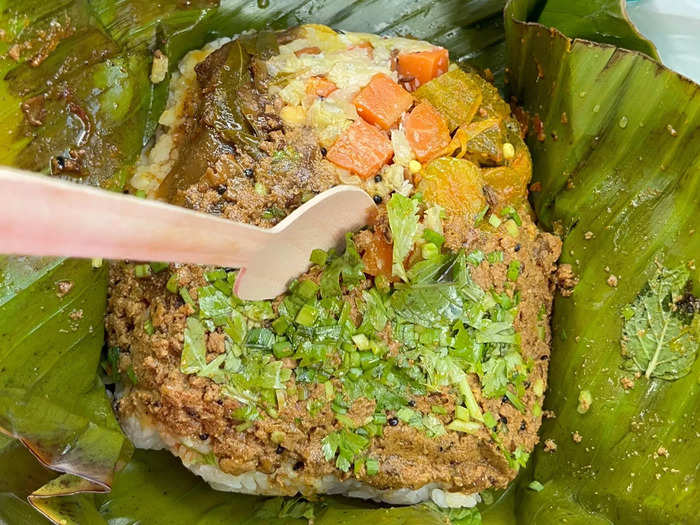
Every week, my husband and I like to try different pre-made meals at the local supermarket chain, San-A. They have eggplant dishes, kabocha pumpkin, goya or bitter melon stir fry, and beni imo, which is Japanese purple sweet potato. There's also salmon and sushi.
I've noticed that both physically and psychologically, I feel better. I feel good about eating the food here because it's clean, healthy, and there's a conscientiousness to it.
Something I especially love is that the vending machines have sweet potatoes. The mochi here is also so good. The desserts are so subtly sweet, rather than overwhelmingly so.
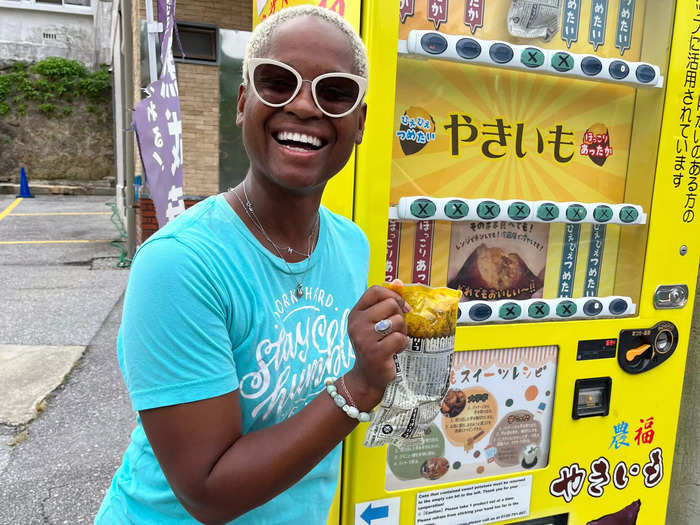
There's still KFC and Domino's here, but even the fast food here is different. For example, the McDonald's has shrimp patty burgers and teriyaki chicken burgers that seem higher-quality than the ground meat patties and fried chicken sandwiches we have at American McDonald's.
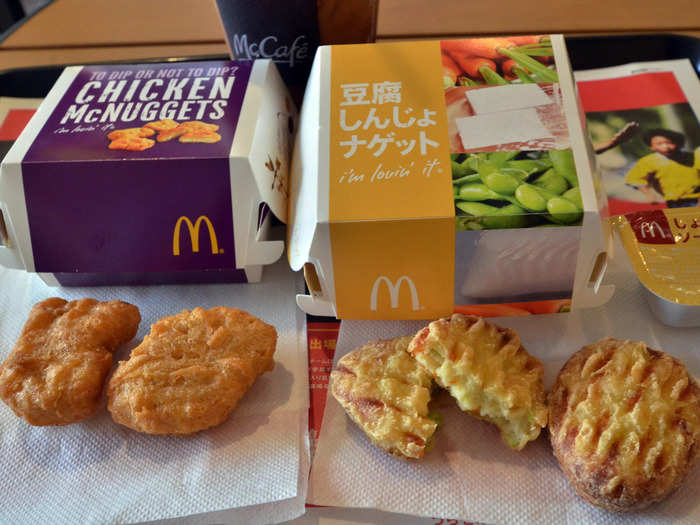
I've talked to a few other people in Okinawa who have been to the States and said the McDonald's there was disappointing because they're so used to the quality and service of the McDonald's in Japan.
I'll admit I have not always been obedient to the "80% full" practice, but it is frowned upon here to order too much food or to waste food. The portion sizes here tend to be smaller.
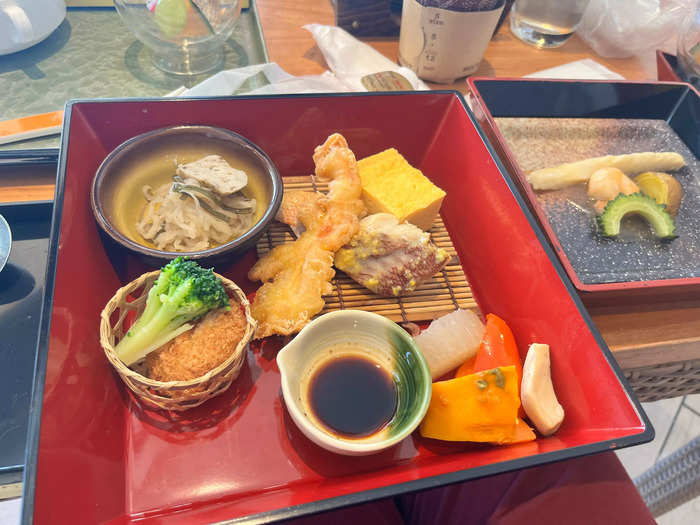
I'm still getting used to the 80% full rule, where you eat just until you're 80% full, but I do think I've gotten used to the portion sizes here.
My husband and I recently went to get a stack of pancakes, but they came in a tidy stack of three, whereas in IHOP, the pancakes would fill the entire plate. My impulse was to order another pancake, but I realized the portion was just right.
I've found that I've been more physically active here, too, like going for walks along the sea wall and taking my daughters out to the parks and playgrounds.
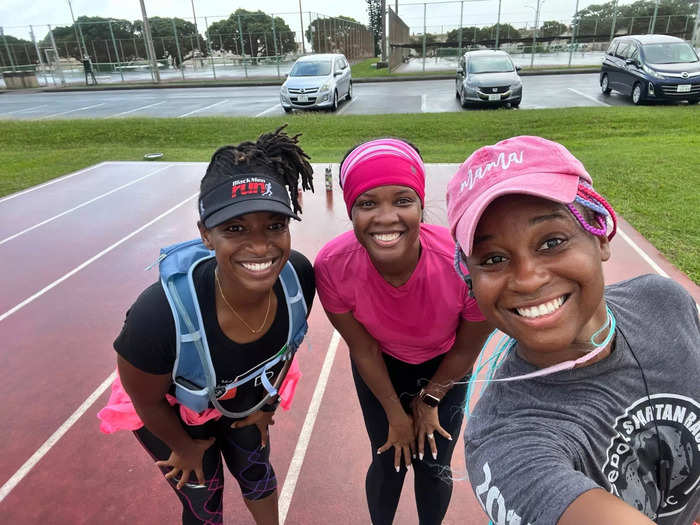
People love recreational activities here, like stand-up paddle boarding, scuba diving, surfing, and river kayaking.
I feel way more carefree and safe here: I don't feel like I have to worry about my children or leaving my purse somewhere. I think that's a big piece of Blue Zone longevity: Certain stressors you typically find in countries like the US aren't here.
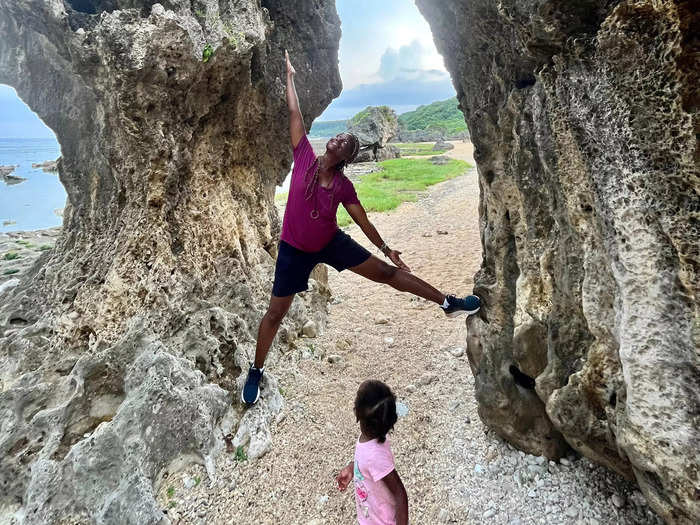
There's a very calm culture here. I don't think twice about certain things that I would in the US. For example, they don't drive fast here. There's no road rage. You're not allowed to honk your horn or flip somebody off. So when you're driving, the stress is not as intense because you don't have that high-pace ridiculousness that you find in the States.
Instead, people here walk a lot, and there's a lot of biking.
Another thing I've learned in Okinawa is the joys of living simply. We live in a home that is significantly smaller than the one we lived in the US, which has made us more mindful of the stuff we have.
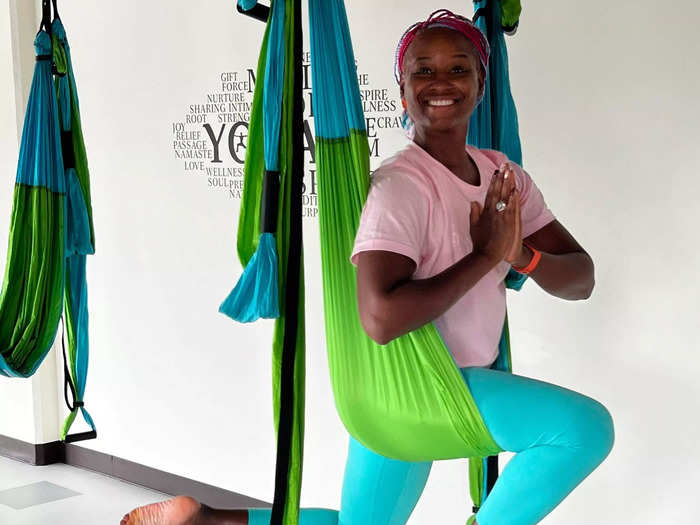
I learned that less is more. The less stuff you have, the less you have to think about or manage, and the more time you may have on your hands.
It feels so good to be able to just go at my own pace without feeling stressed out or like I'm on on the clock or running behind all the time.
My daughters go to a Japanese school, and they've been taught the importance of acknowledging one another, even if it's just saying hi. It's part of the ikigai concept — recognizing one another and the value that we each hold.
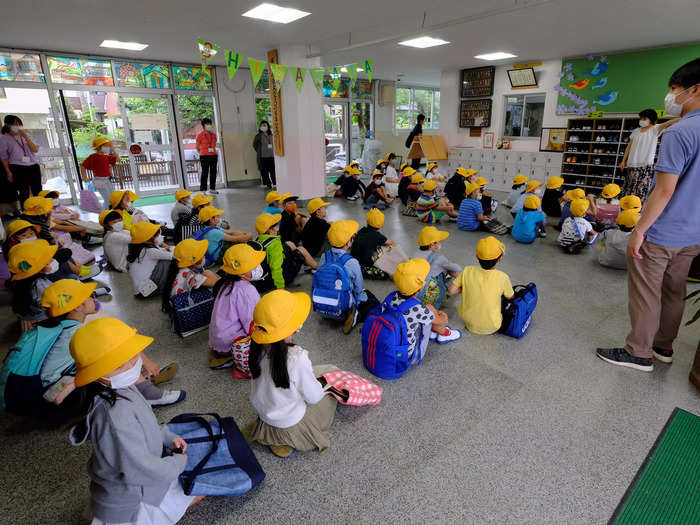
I wanted our girls to experience some things that are highly valued in Japanese culture, which includes looking out for one another, being mindful of one another, and being considerate and doing things not just for yourself, but for other people or with other people in mind.
Overall, it's been rewarding and a blessing to live in Okinawa. It's beautiful and restorative, even magical, and I'm grateful that we're here.
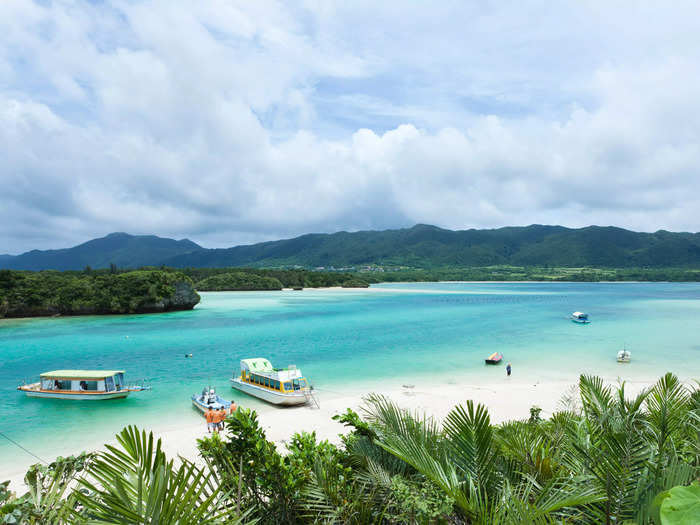
Popular Right Now
Popular Keywords
Advertisement